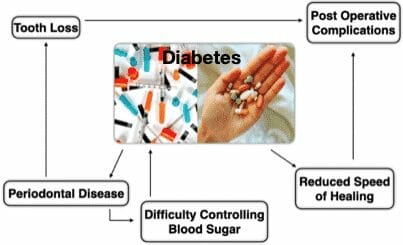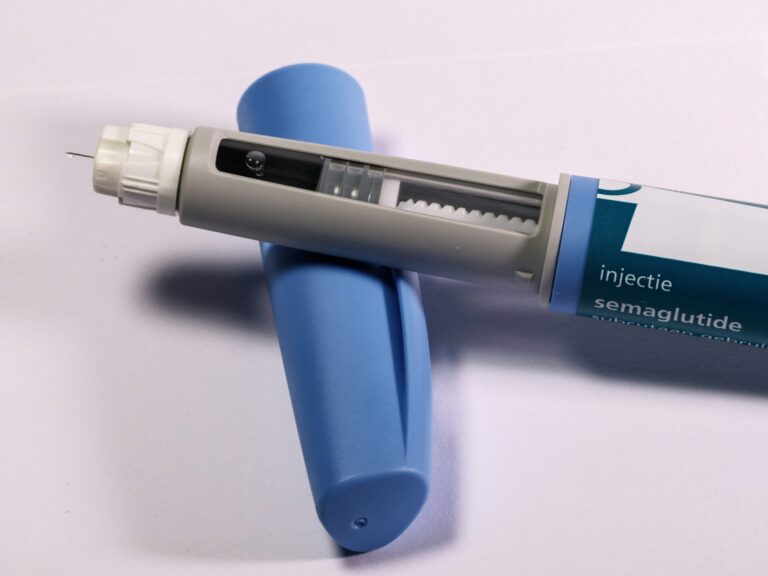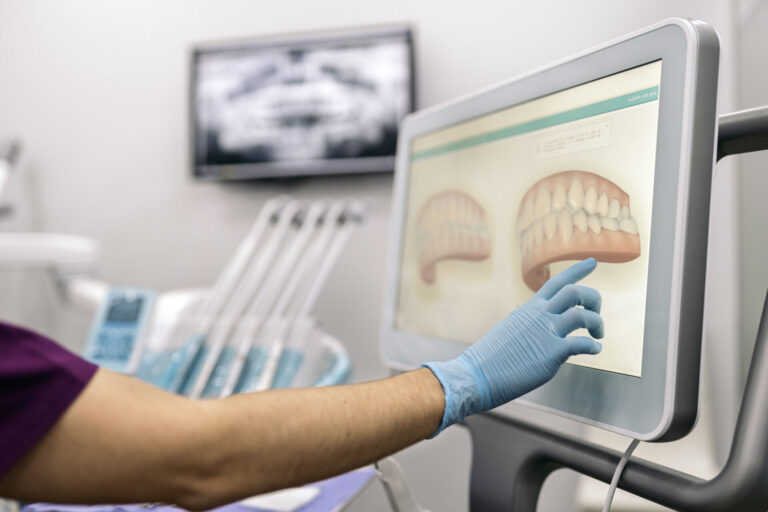The Relationship Between General Health and Oral Health
We live in an age where low fat poké bowls take pride of place on menus, carbohydrates are the enemy and morning rituals now consist of drinking fresh lemon in water before we either go to the gym for a workout or indulge in yoga. Most of these do not have any real implications on your dental health, however, some of these seemingly innocuous routines do unexpected damage to your teeth. The purpose of this article is to illustrate how oral health can affect general health and vice versa.
Poor Oral Health and the Association With Major Chronic Disease
Cardiovascular Disease
It may come as a surprise that having gum disease increases your risk of heart disease. Research into the composition of plaques found in heart arteries (especially in the aorta) have been shown to contain the same pathogenic bacteria present in those with gum disease. The problem with gum disease is that it happens out of sight, under the gums with no pain and sneaks up on you after a lifetime of poor oral care. Prevention of this is as simple as cleaning your teeth twice a day at home and having your teeth regularly professionally cleaned by a dentist or dental hygienist. The Benefits of Professional Cleaning are numerous and seeing a dental professional for an explanation of these will be invaluable.
Diabetes
The diagram depicted shows links between diabetes and oral health.

To explain this, let’s start with the picture at the centre which illustrates uncontrolled diabetes. People with uncontrolled diabetes have a higher chance of getting periodontal (gum) disease. Gum disease (as briefly touched on above) is an inflammatory process, inflammation in the body makes blood sugar very difficult to control which then leads to uncontrolled diabetes and the cycle of gum disease and diabetes is perpetuated. Gum disease leads to tooth loss (amongst other things) which usually involves a surgery to remove said tooth. Diabetics are also known to have a reduced speed of healing which then leads to an increase in post-operative complications (infections/inflammation) which then leads to worsening of blood sugar control. All of this could have been prevented by either maintaining a lifestyle that reduces risk of diabetes OR if you have diabetes, taking precautions to control it.
Respiratory Diseases
Plaque continues to grow on tooth and mucosal surfaces in the mouth until it is cleaned away or large coliform structures are knocked off by eating or other mechanical stimulus. These large pieces of plaque can also be inhaled leading to aspirational pneumonias and other respiratory conditions. Having an infective emboli in the lungs can mean a very serious trip to hospital with a lengthy stay, and in some cases, death. Removal of this plaque at home or professionally will completely prevent this as has been shown in scientific literature.
Stroke/Vascular Disease
Poor dental health has also been associated with an increased stroke risk. In fact, the literature quotes a 17% increase in stroke risk from having gum disease. As we learned before, gum disease also increases risk of diabetes which will in-tern increase risk of stroke. It has also been shown that people with gum disease have the same bacteria floating around in their bloodstream even in the absence of any dental treatment that may have introduced it into circulation. These bacteria likely deposit themselves in atherosclerotic plaques and peripheral arteries, worsening heart disease and also adding to peripheral vascular disease (hardening of arteries).
Diet, Nutrition and Obesity
Maintaining a good diet is one of the cornerstones of good general health. As you can imagine, it would become exceedingly difficult to maintain such a diet if you are missing teeth. Functional limitations are noted in those with less than 20 natural teeth (the average person has 28-32 teeth) meaning that they have to adapt their diet to one which is more processed and hence not as nutritious. It has also been found that those with 12 natural teeth or less have the same functionality as those with no teeth at all OR those with Full Dentures. While many think that dentures are teeth, they are incorrect. They are merely tools that we use to act in place of natural teeth. In fact, it has been shown that patients with Full Dentures have lower intakes of protein and Vitamins A & C. This highly processed diet lacking in essential nutrients actually leads to obesity and all of the associated problems. Do not despair, we see those that look after their teeth are less likely to end up with dentures. However, dentures are still a reality for those that neglect their teeth and gums. As an alternative, dental implants are the gold standard for single or multiple tooth replacement and function as your own teeth. This enables you to maintain a healthy diet and optimal quality of life all the way into your later years.
General Health Problems may Worsen Oral Health
Smoking
We have all been told that smoking is bad but why? Apart from the risks of Oral Cancer and its exceptionally high mortality rate (95% after 5 years), the issue with smoking is not decay but more-so the gums, which indirectly affects the teeth. It causes altered development of gum inflammation by increasing activity of immune cells involved in the destruction of bone and gum around the teeth in response to gum pathogens. It also reduces the amount of vessels in the gingiva meaning that the bleeding gums associated with gum disease, are no longer there meaning that the destruction of the bone and gum occurs without symptoms. To top off this attack, there is a decrease in the chemicals (immunoglobulins) that may actually work to limit the amount of gum disease pathogens causing tissue destruction. Your oral condition really has no chance.
Osteoporosis
The treatment of osteoporosis uses Medications with Dental Implications. Things like pain, swelling, numbness, loose teeth and slow healing after tooth removal are all risks. The medications used to treat this condition are necessary, so making sure your oral health is up to standard before starting them is vital.
Medications
There are many other medications prescribed for general health conditions that will inadvertently affect your oral health. Probably the most spoken about condition caused by medications is Xerostomia or Dry Mouth. We most often come across dry mouth when talking about Dentistry in the Elderly, however, it can happen to anyone. There are a list of 400+ drugs that cause dry mouth like: blood pressure medications, anti-depressants, anti-epileptics and also diuretics for treatment of diabetes. These medications affect the quantity and quality of saliva hence affecting its ability to ward off decay.
Healthy Mouths, Healthy Lives
So far, we have discussed the physical implications of poor oral health on general health and vice versa. There is a whole other factor that needs to be discussed, and that is mental health. Having an unhealthy mouth can lead to much pain, suffering and the inability to sleep as a result of all of this. This can have serious implications on ones mental state, and while speaking to a counsellor is important for management, seeing a dentist to solve these problems will go a long way to healing the mind. Removal of painful infections in the jaws will not only help mental health but also reduce risk of death from said infections that can travel to the brain or heart.
Another major source of angst is being embarrassed by your teeth. It’s a sad fact of todays reality but we are drawn to beauty, and being ashamed of your smile can effect your self esteem and how other people visualise you. This can lead to mental health issues and feelings of worthlessness. There are various things that can be done to improve your smiles appearance. It can be anything from getting periodontal therapy to improve bad breath, something as small as professional whitening, straightening teeth with orthodontics or invisalign, filling black spaces with a denture or dental implants or even veneers to give you a beautiful smile. This will send you out into the world with that new-found confidence to get that promotion, smile at social gatherings and maybe even find love…
At Pennant Hills Dental Centre we specialise in treating the whole person, and not just the tooth. Speaking with one of our highly skilled dentists about your concerns and having them tailor a plan specific to your situation is the first step in making sure your general health and oral health concerns are met. Book online, call or email to reserve a time today.



